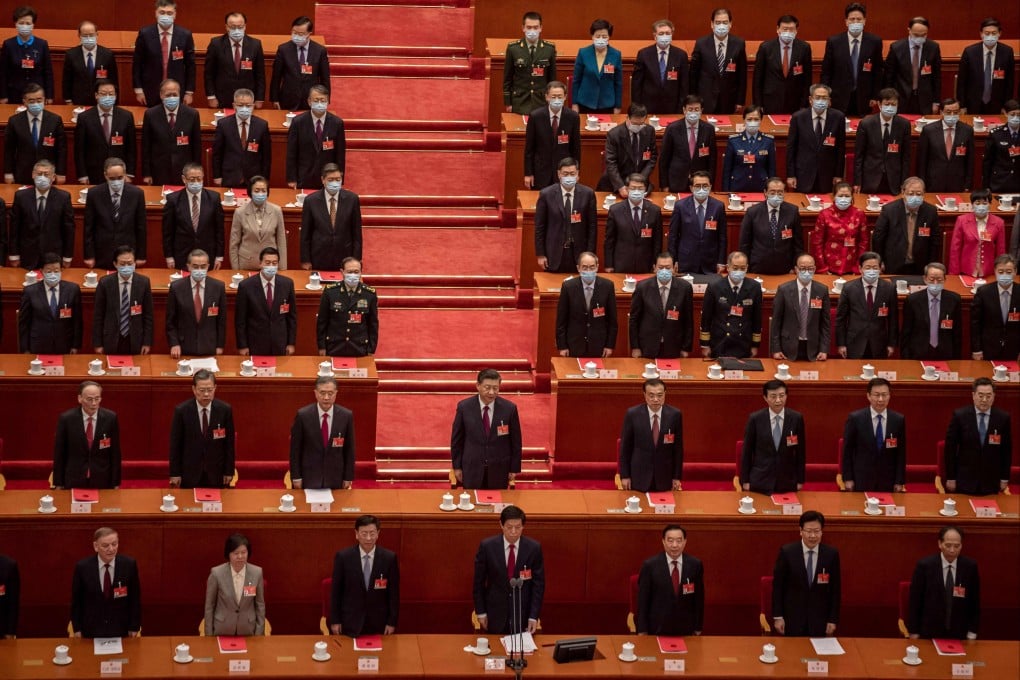China is touting its ‘whole process democracy’ as the superior model. So how does it work in practice?
- Beijing is stepping up its attempts to portray its system as more representative and effective than the US model
- The only direct elections take place at grass-roots level, and even there candidates and voters alike have complained their voices are being silenced

“The voters didn’t get a chance to find us, because the police found us first,” Ye Jinghuan said of her third attempt to take part in China’s electoral process.
The dissident had sought to get elected as a delegate representing people at the township or county level, the first stage in a process that will ultimately select the representatives for the National People’s Congress, the country’s top lawmaking body.
Ye, 69, decided to stand with 13 other independent candidates in Beijing, who said they had not been able to find anyone to represent their views and published a joint statement in which they promised to speak on behalf of residents.
But Ye said that soon afterwards they had been blocked from leaving their homes, followed and harassed by police and found their mobile phone services had been disrupted.
On November 1 they decided to stop their campaign because of fears for their safety – a repeat, Ye says, of her previous attempts to stand in 2011 and 2016.
